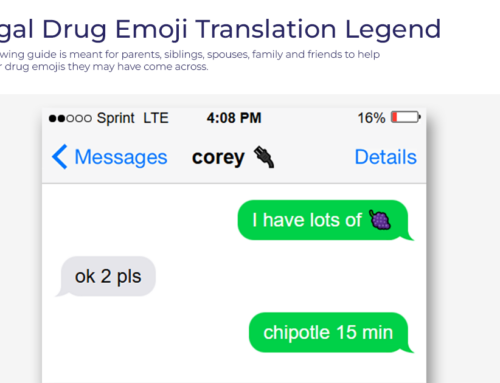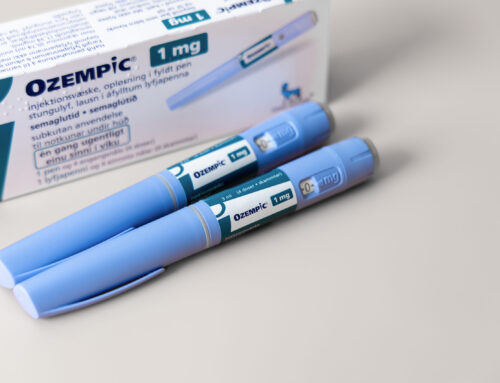The Foundation of Healing: Family Therapy in Addiction Treatment
Addiction doesn’t just impact the individual; it ripples through the entire family unit. Have you ever wondered why addiction treatment centers emphasize family therapy? Substance abuse often fractures familial relationships, creating tension, distrust, and codependency. Family therapy helps rebuild those bonds, fostering understanding and unity. Keep reading to uncover how family therapy aids in recovery for both the individual and their loved ones.
Understanding the Role of Family in Addiction
Addiction’s Ripple Effect on Families
Addiction is not an isolated struggle; it deeply affects everyone connected to the person suffering. From financial strain to emotional turmoil, families often endure significant stress:
- Emotional Pain: Family members frequently experience guilt, anger, and confusion.
- Communication Breakdown: Addiction disrupts healthy dialogue, replacing it with blame or avoidance.
- Behavioral Changes: Loved ones might unknowingly enable destructive behaviors or develop codependent tendencies.
Achieve Wellness & Recovery understands that addressing these dynamics is critical for long-term healing.
The Impact on Children
Children in families with addiction often face unique challenges. They might:
- Take on Adult Roles: Becoming caregivers for younger siblings or even the addicted parent.
- Experience Trauma: Witnessing substance abuse can lead to lasting emotional scars.
- Struggle Academically and Socially: School performance and relationships may suffer due to the instability at home.
Family therapy provides a safe space for children to express their feelings and learn healthy coping mechanisms.
The Importance of Family Therapy in Recovery
Breaking the Cycle of Codependency
Codependency—a common challenge in families affected by addiction—involves unhealthy reliance between individuals. This dynamic may lead family members to:
- Neglect their own well-being.
- Enable the addiction by avoiding conflict.
- Sacrifice personal boundaries to “save” their loved one.
Family therapy helps identify these patterns and provides tools to establish healthier relationships. When families recover together, everyone benefits.
How Families Heal Together
Family therapy fosters collective healing through structured sessions:
- Education on Addiction: Families learn about the disease, breaking misconceptions and reducing stigma.
- Open Communication: Therapists guide discussions that promote honesty and understanding.
- Support Systems: Relatives are equipped with coping strategies to handle stress without enabling harmful behaviors.
Achieve Wellness & Recovery offers tailored therapy sessions to support families every step of the way.
Building Resilience Through Family Therapy
Families who undergo therapy often report:
- Renewed Trust: Rebuilding trust takes time, but therapy creates a foundation for honesty.
- Improved Mental Health: Addressing shared trauma leads to emotional well-being for all members.
- Strengthened Relationships: Bonds grow stronger as family members work toward common recovery goals.
By addressing the root causes of dysfunction, therapy transforms families into cohesive support systems.
Why a Family That Understands Recovery Is Key
Creating a Supportive Environment
When families understand the recovery process, they become powerful allies in maintaining sobriety. This awareness helps:
- Set realistic expectations.
- Encourage healthy boundaries.
- Foster accountability and encouragement.
A harmonious family environment significantly reduces the risk of relapse, creating a safe space for the individual in recovery to thrive.
Steps to Support a Loved One in Recovery
If you’re wondering how to help a family member battling addiction, consider these actionable steps:
- Educate Yourself: Learn about addiction and recovery.
- Practice Active Listening: Create a judgment-free zone for open dialogue.
- Attend Therapy Sessions: Participate in family counseling to address shared challenges.
- Avoid Enabling: Offer support without compromising boundaries.
- Celebrate Milestones: Recognize achievements, no matter how small.
Achieve Wellness & Recovery emphasizes the transformative power of a united family in the recovery journey.
The Role of Extended Family and Friends
Support doesn’t stop with immediate family. Extended relatives and close friends can:
- Offer Emotional Support: Being a steady presence can ease the burden on the core family unit.
- Participate in Education: Learning about addiction helps them avoid unintentional harm.
- Provide Practical Assistance: Helping with errands or childcare can give the immediate family time to focus on recovery.
We ensure all key individuals are involved in the healing process, creating a strong network of support.
The Connection Between Family Therapy and Long-Term Sobriety
Addressing Generational Trauma
Many families affected by addiction face cycles of trauma passed down through generations. Therapy provides tools to:
- Recognize patterns of behavior.
- Break the cycle of addiction and dysfunction.
- Promote healthier interactions for future generations.
Measuring Success in Family Therapy
The success of family therapy isn’t measured solely by sobriety but also by:
- Enhanced Communication: Families that can openly discuss emotions are better equipped to handle challenges.
- Stronger Support Networks: Each member becomes a pillar of strength for the others.
- Lasting Change: The skills learned in therapy create a foundation for lifelong wellness.
Achieve Wellness & Recovery is dedicated to fostering these outcomes for every family.
The Path Forward: Encouraging Family Involvement in Recovery
Overcoming Barriers to Family Therapy
Many families hesitate to participate in therapy due to:
- Stigma: Fear of judgment can deter involvement.
- Logistical Challenges: Scheduling conflicts or financial concerns may arise.
- Emotional Resistance: Addressing deep-seated issues can feel overwhelming.
Our goal is to help you overcome these barriers by offering flexible scheduling, compassionate care, and affordable options for families in need.
How to Get Started
If you’re ready to begin the journey toward healing, here are the steps to take:
- Reach Out: Contact us to discuss your family’s unique needs.
- Schedule an Assessment: A professional will evaluate your situation and recommend the best course of action.
- Commit to the Process: Healing takes time, but the rewards are worth the effort.
Healing as a Family
Family therapy is more than just a treatment component—it’s a lifeline for families grappling with the impacts of addiction. By addressing codependency, improving communication, and fostering understanding, families can rebuild trust and find harmony together.
At Achieve Wellness & Recovery, we are committed to helping families heal as a unit, offering compassionate care and expert guidance. Take the first step toward recovery today. Reach out to us today and begin your journey to a stronger, healthier future.








